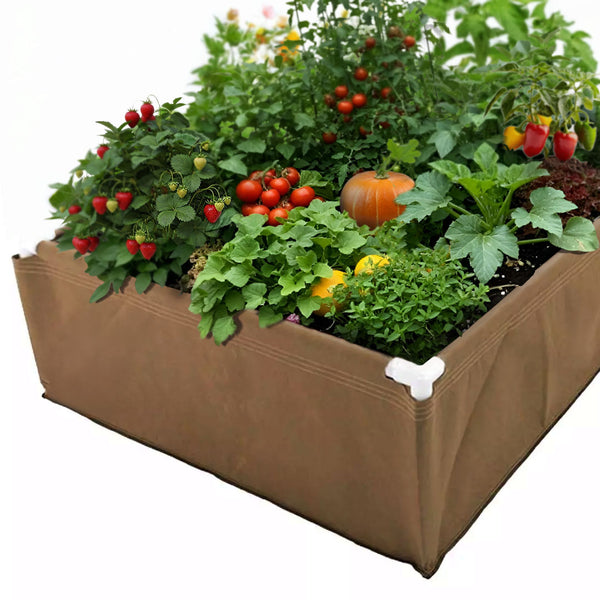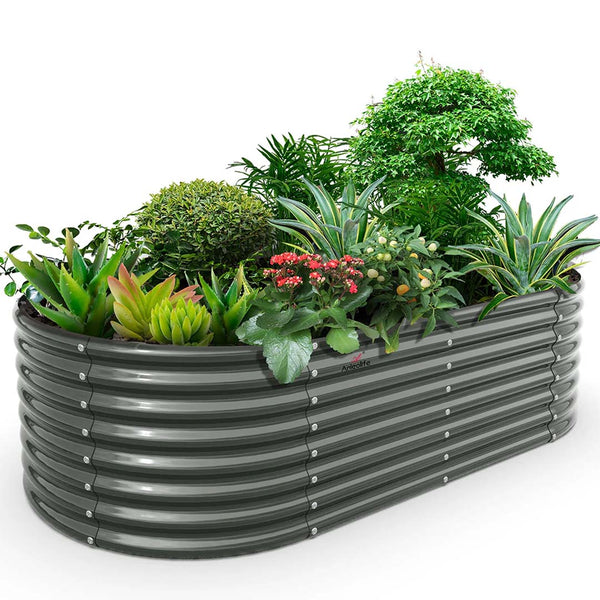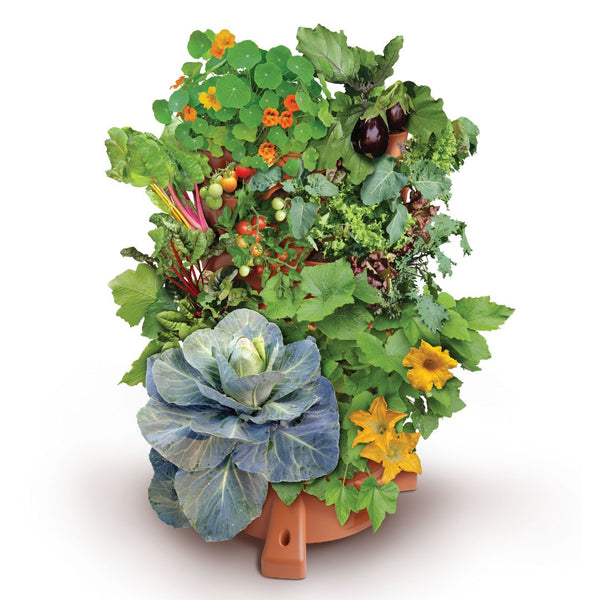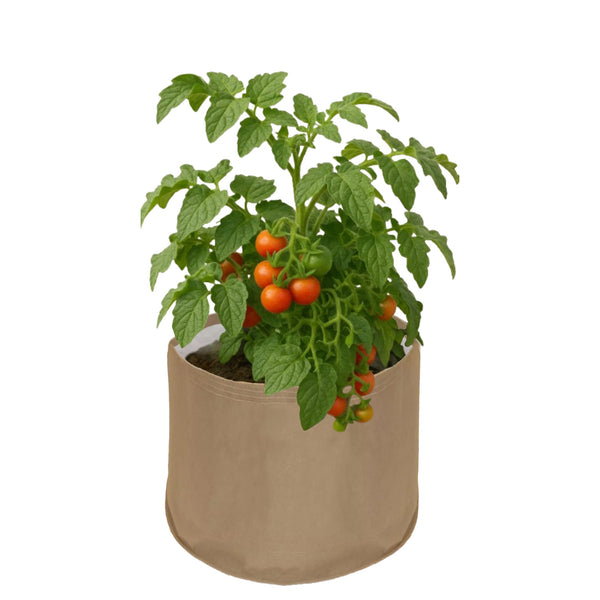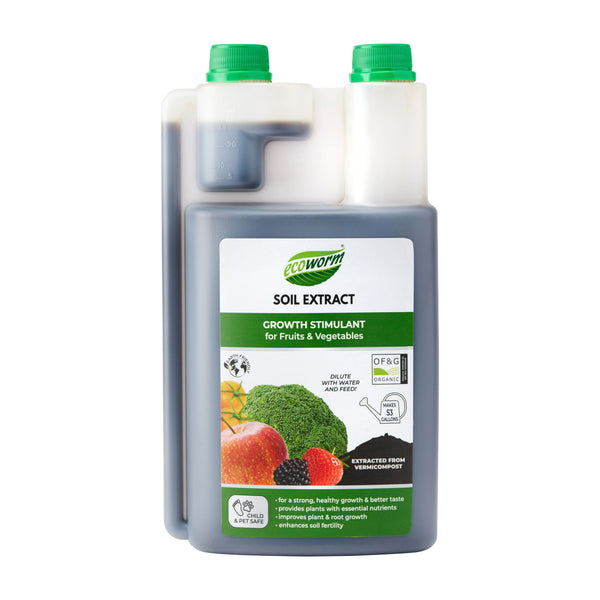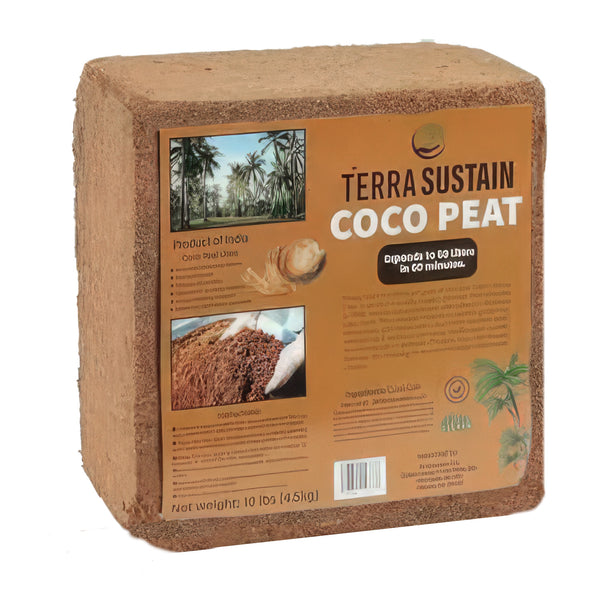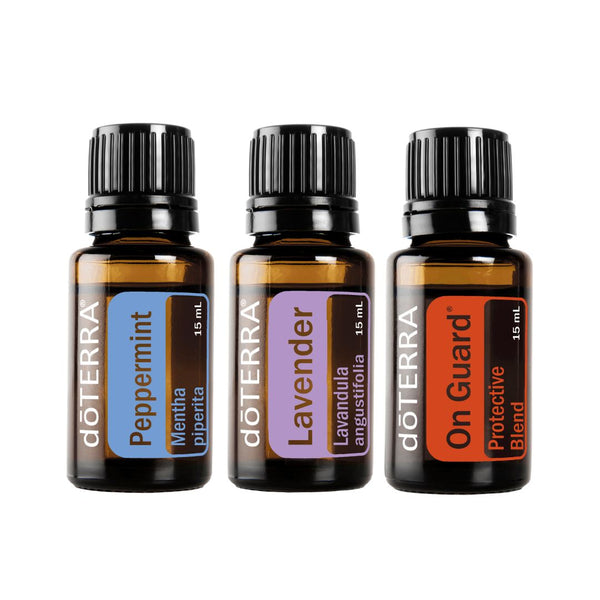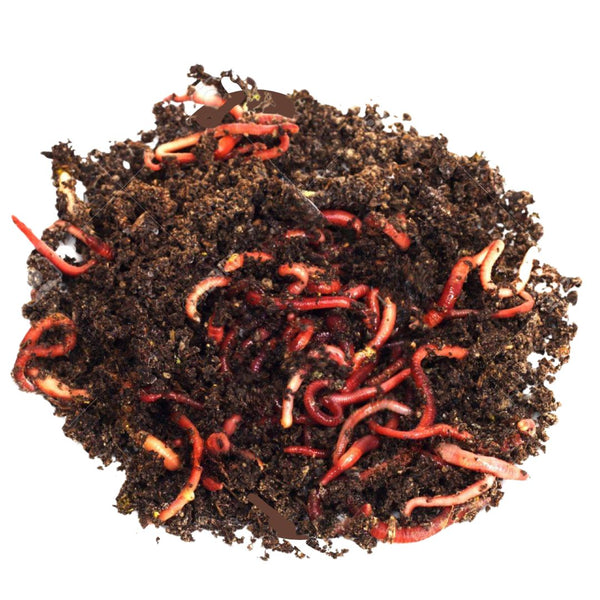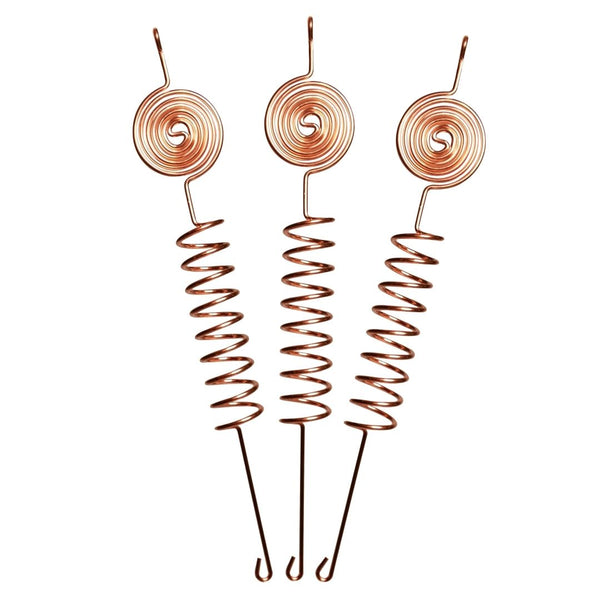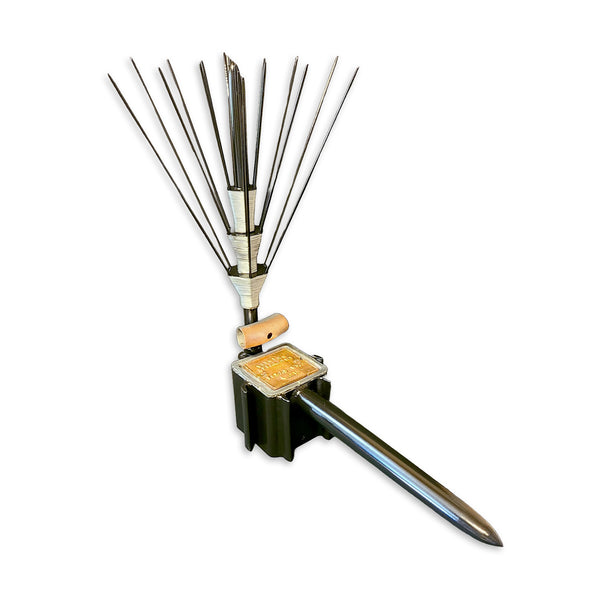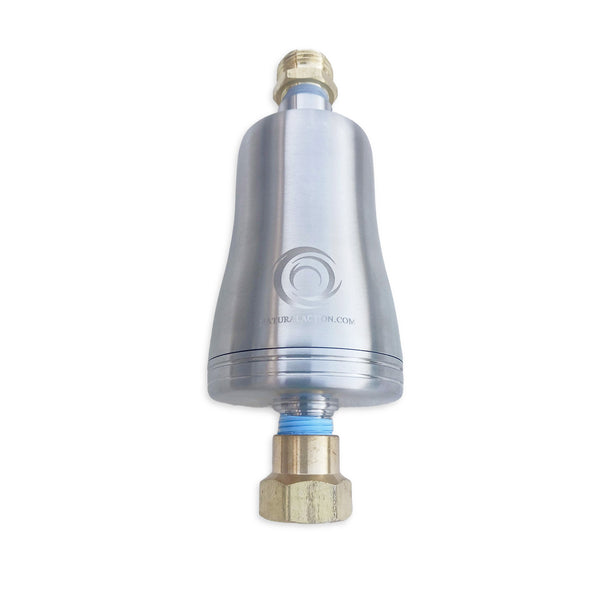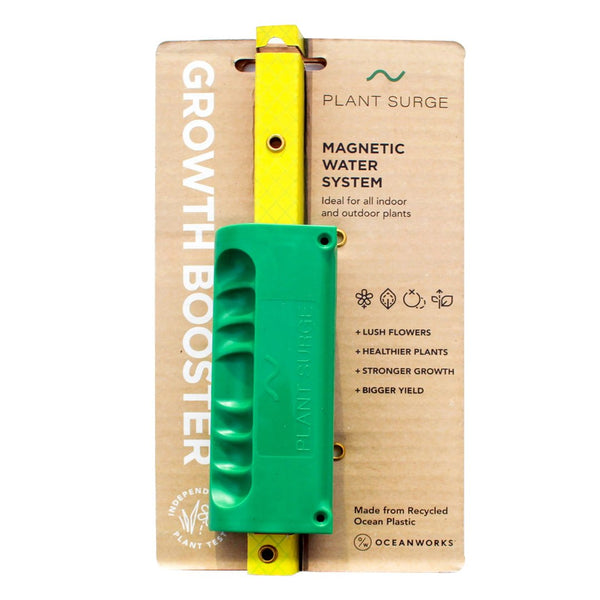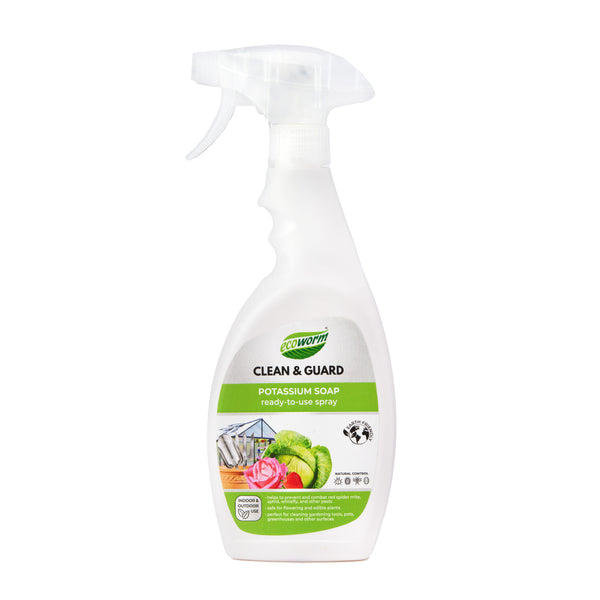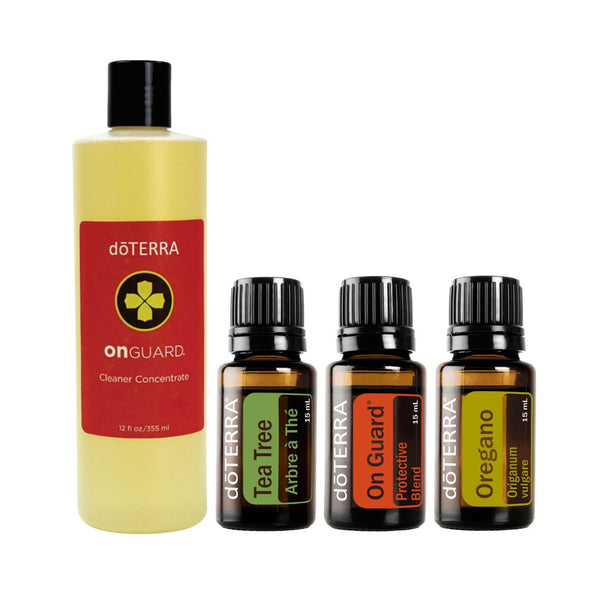The Dust-Free Solution: Rice Hulls For Chicken Bedding That Makes Cleaner Healthier Coops

Benefits of Rice Hulls as Chicken Bedding
Rice hulls have swooped in as a favorite for chicken bedding, thanks to their many perks. Let's look at how awesome they are for soaking up moisture, being safe if pecked, not breaking the bank, and being kind to the planet.
Absorbency and Digestibility
First off, rice hulls are champs at soaking up all sorts of messes, making them a great pick for a clean, fresh-smelling coop. They're light as a feather and easy to move around, which means it's a breeze to keep things tidy. And if your chickens decide to have a nibble, no sweat! These hulls won't harm them, unlike some other bedding that could be bad news if swallowed.
| Trait | Rice Hulls | Other Bedding Types |
|---|---|---|
| Absorbency | Top-notch | Depends (like straw - decent, wood chips - top-grade) |
| Safe if Eaten | Yup! | Mostly nope |
If you’re living where it's humid, these hulls let out moisture quickly, which is why they’re a hit down south and overseas. But hey, they're not magic—sometimes they might not soak up as efficiently as some other options, so you might see a few wet patches.
Cost-Effectiveness and Biodegradability
On the money side of things, rice hulls are a steal. They're what's left over when processing rice, so there's plenty to go around without emptying your wallet. And since they’re all-natural, they break down easily, making them a winner for anyone wanting to farm in harmony with the earth.
| Factor | Rice Hulls | Other Bedding Types |
|---|---|---|
| Price | Wallet-friendly | Can differ (like straw - okay, wood chips - pricey) |
| Breaks Down Naturally | Absolutely | Mostly but varies (like wood chips take their time) |
So there you have it, rice hulls are a brilliant and eco-friendly choice for chicken bedding that many folks can get behind. If you're curious to dig deeper, we've got stuff on organic rice hulls or how to use them in your garden with flair here. Wondering where to get a good deal on them? We can help with that too: find rice hulls for cheap.
Comparison with Other Bedding Materials
Picking out the right bedding for your chickens is like choosing a good pizza—it’s all about personal preference, and no one-size-fits-all answer. So let's break down some contenders: you’ve got rice hulls, straw, wood chips, and peanut shells. We’ll dish out the juicy details on their ups and downs.
Rice Hulls vs. Straw, Wood Chips, and Peanut Shells
| Material | Absorbency | Cost | Biodegradability | Ease of Management | Key Benefits |
|---|---|---|---|---|---|
| Rice Hulls | High | Low | High | Easy | Sips up moisture, easy on the wallet |
| Straw | Moderate | Moderate | High | Moderately easy | Natural vibes, readily available |
| Wood Chips | Moderate | Low | High | Moderately easy | Everywhere, smells good |
| Peanut Shells | Moderate | Low | Moderate | Tricky | Eco-friendly, cozy in winter |
Sources: Buddy got it from Backyard Chickens, NCBI, and Chicken Check In.
Advantages and Disadvantages of Rice Hulls
Advantages
Soaking Up Like a Sponge Rice hulls are champs when it comes to soaking up liquids. They keep your chickens' home sweet home dry and snug—because nobody likes soggy feet, right? Plus, if your feathered friends nibble on these, they won’t jam up like rush hour traffic.
Bang for Your Buck Rice hulls are the thrifty choice since they’re extras from making rice. Buy in bulk and you’re golden, especially if you find a sweet deal (bulk rice hulls).
Planet-Friendly Breaks Down They’re compost-friendly, turning into garden gold when mixed with chicken droppings. If you fancy yourself a green thumb, you’re set (organic rice hulls).
Disadvantages
-
A Hidden Surprise? Sometimes, rice hulls come with surprise guests like arsenic or lead from the rice fields. Always check their passport to ensure your chickens stay healthy and happy (PubMed Central).

Float Away on a Breeze Their lightweight nature can be a sneaky downside. While it makes them easy to scatter, your chickens' natural tendencies to scratch could send hulls flying, creating a dust storm in the coop.
Want to know more about why rice hulls might be your coop’s best friend? Check out rice hull specialty products and how they help your garden with rice hulls for soil.








